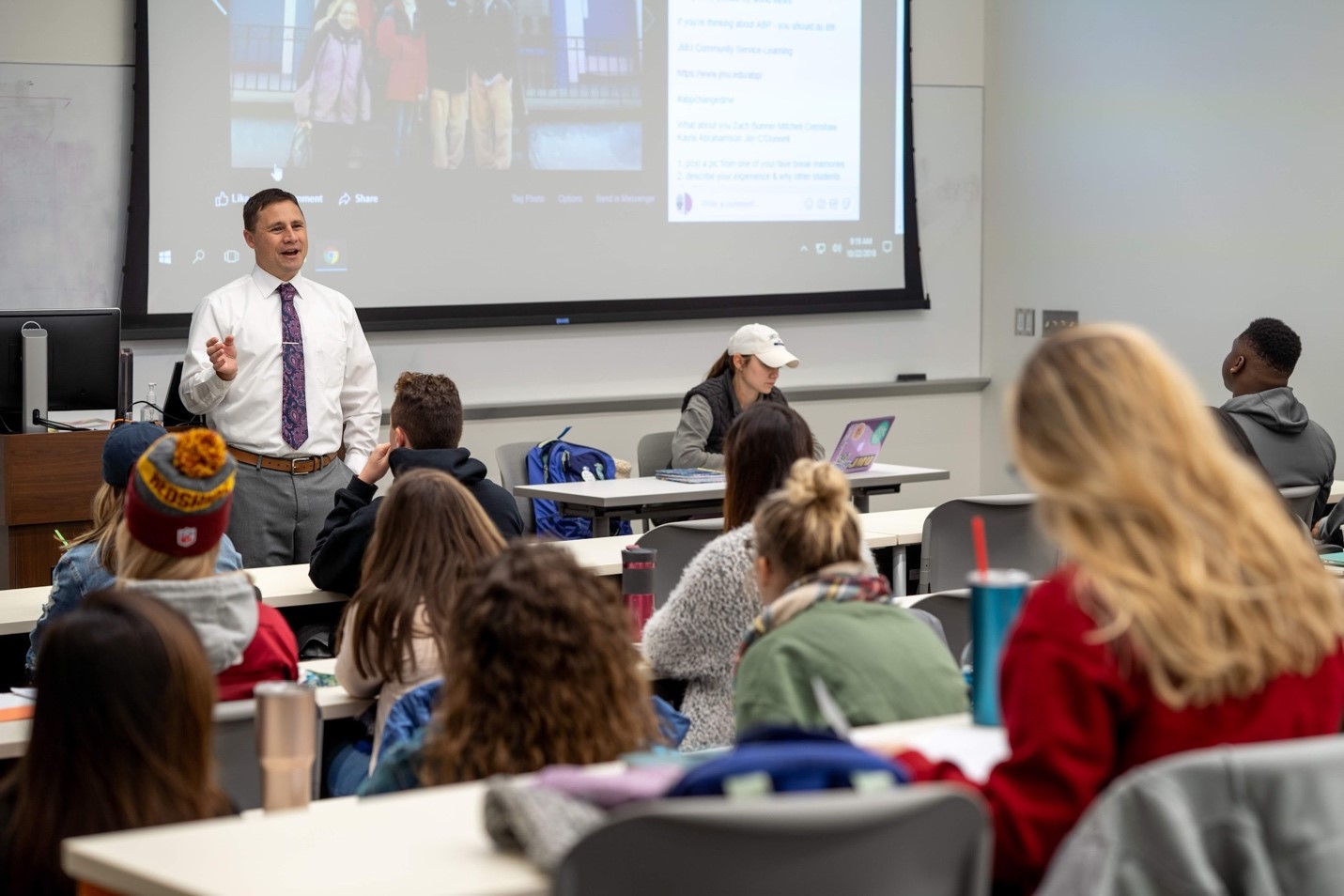
Integrating Communtiy Engaged Learning (CEL) into your course(s) can be rejuvenating and rewarding. It also involves a unique set of challenges with numerous decision points. Community Engagement & Volunteer Center (CEVC) staff members are here to provide the following support and consultation throughout the process:
Resources in (re)writing the syllabus and connecting learning outcomes and course objectives to community engagement
- Information about community strengths and priorities
- Support in developing ethical and meaningful relationships with community partners (some compare choosing a partner to selecting a course textbook)
- Presentations and materials to prepare students for ethical community engagement
- Assistance with the essential practice of reflection
- Assessment and evaluation tools to better understand student learning and impacts from the experience.
CEVC subscribes to the P.A.R.E. (Preparation, Action, Reflection, and Evaluation) model as a means for preparing and supporting students and faculty to create high quality and mutually beneficial CEL.
CEVC seeks to foster relationships between faculty and community partners that highlight connections between course objectives and community strengths. Staff will discuss with the faculty member the intended depth and breadth of the engagement experience from thorough integration into course objectives and assignments to something more specific where the experience is tied to a particular student learning outcome and the assignment is independent from other elements of the course. CEVC will provide suggestions and support for various approaches.
CEL design and practice can vary widely (direct, indirect, research, or advocacy). Consider these JMU examples. Engagement can be designed so that each individual student works with CEVC to select a community partner consistent with faculty expectations. In time-oriented models, students are expected to complete a specific number of hours in the community. 20-30 hours over the course of the semester is optimal for most 3 credit courses. In a project-oriented model, the class can work as a whole or in small groups to address the priorities of one or more community organizations serving as “clients” for the course. S-L can also take place over a student break, known as an Alternative Break, or engagement can be episodic in nature or scheduled around community events. Even one-day service can be learning oriented. Many faculty members start with a limited or optional community engagement component and build their commitment in future semesters.
CEVC maintains relationships with over 150 community partners throughout the region. Many of these organizations post opportunities on Volunteer NOW for students to contribute specific efforts to meet their mission. In addition, CEVC participates in several regional networks to bolster community strengths by connecting JMU resources and capacity. CEVC assists faculty in all stages of developing and maintaining community partnerships, from identifying potential partners and facilitating introductions, to strengthening and sustaining long-term partnerships.
CEVC full-time and student staff will present in person or online to your class at the outset of the semester to prepare students for ethical engagement in the community. We will describe the process of CEL and set guidelines and realistic expectations for your students. Typically, as part of the presentation, we guide students to the Volunteer NOW website to begin pursuing opportunities, although we tailor the presentation to your preferences. To schedule a class presentation, submit a CEL Course Planning form.
When students enroll in an opportunity on Volunteer NOW, there are options for tracking their experience. Students and CEVC staff have the capacity to generate reports if faculty select this option of tracking hours. Students can also use this time log if faculty prefer.
Not only does reflection facilitate student meaning making from their engagement experience, but it is essential for students to make linkages to course content and theory. It is equally important that theories and content are influencing practice and contributions to the community. CEVC professional staff and student coordinators can assist with reflection facilitation using various modes.
CEVC is dedicated to providing avenues for faculty to acquire new tools and strategies to integrate CEL. From enhancing pedagogy to fostering relationships with colleagues and community partners, CEVC offers workshops and gatherings throughout the year to enrich teaching and scholarship. To be sure you are invited to these opportunities, please be in touch with cevc@jmu.edu.
